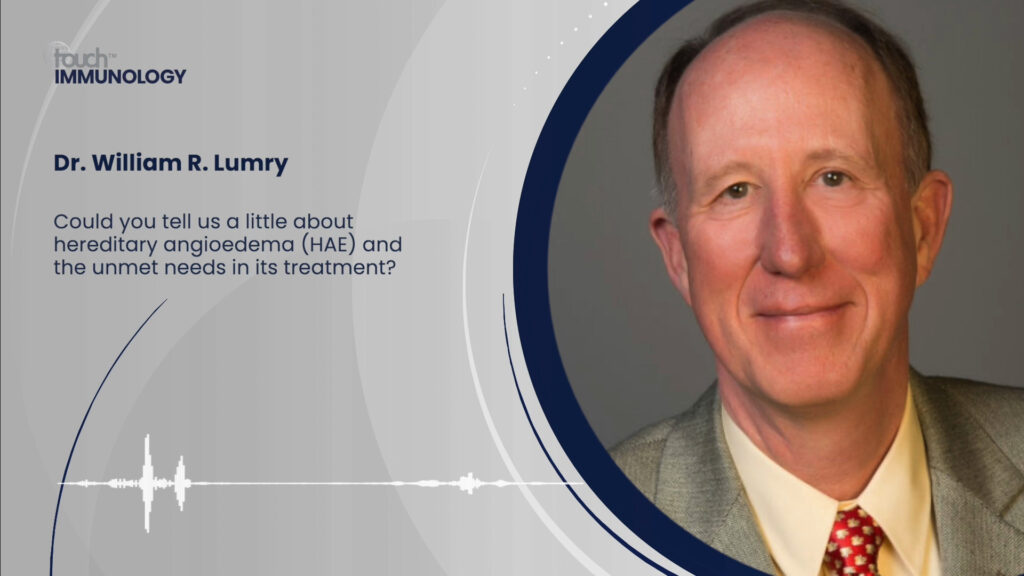
On March 5th 2025, the US Food and Drug Administration (FDA) approved a 1 mg epinephrine nasal spray for the emergency treatment of type I allergic reactions, including anaphylaxis, in children over 4, who weigh 15 to <30 kg (approximately 33 to 66 pounds).1,2 This followed the August 2024 FDA approval of a 2 mg epinephrine nasal spray in both adult and paediatric patients weighing at least 30 kg (66 pounds).3 Epinephrine nasal spray is given in a single-dose that is administered into one nostril; a second dose may be given to patients if they have no improvement in symptoms or if symptoms worsen.
This approval is supported by data from four clinical trials in 175 healthy adults without anaphylaxis.1 These studies measured blood concentrations of epinephrine following the administration of the nasal spray and of approved epinephrine injection products. The results demonstrated that the nasal spray produced comparable epinephrine blood concentrations to those seen with traditional epinephrine injection treatments. Additionally, epinephrine nasal spray induced similar increases in both blood pressure and heart rate to epinephrine injection products, which are critical cardiovascular responses essential for the effective treatment of anaphylaxis. A separate study evaluating epinephrine nasal spray in children weighing over 30 kg (66 pounds) demonstrated that epinephrine blood concentrations in the paediatric group were consistent with those observed in adults.
Epinephrine is currently the only life-saving treatment for anaphylaxis and has previously only been available to patients as an injection. Epinephrine auto-injectors were approved by the FDA back in 1987 and have been the standard treatment for anaphylaxis since.4,5 Although early epinephrine administration is associated with improved outcomes for people who experience allergic reactions, fear of injections is thought to be a contributing factor to the underuse of epinephrine autoinjectors.4 Additionally, 56% of parents report a reluctance to use needle-based auto-injectors on their children.6 Speaking on the approval, Dr Kelly Stone (Associate Director of the Division of Pulmonology, Allergy and Critical Care in the FDA’s Center for Drug Evaluation and Research, Silver Spring, MD, USA) said:
“Today’s approval provides the first epinephrine product for the treatment of anaphylaxis that is not administered by injection. Anaphylaxis is life-threatening and some people, particularly children, may delay or avoid treatment due to fear of injections. The availability of epinephrine nasal spray may reduce barriers to rapid treatment of anaphylaxis.”
References
- ARS Pharma. Neffy® (epinephrine nasal spray). FULL PRESCRIBING INFORMATION. Available at: www.ars-pharma.com/wp-content/uploads/pdf/Prescribing_Information.pdf (accessed 20 March 2025).
- BioSpace. ARS Pharmaceuticals Announces FDA Approval of neffy® 1 mg (epinephrine nasal spray) for Type I Allergic Reactions, Including Anaphylaxis, in Pediatric Patients Weighing 15 to < 30 Kilograms. [Press release]. 2025. Available at: www.biospace.com/press-releases/ars-pharmaceuticals-announces-fda-approval-of-neffy-1-mg-epinephrine-nasal-spray-for-type-i-allergic-reactions-including-anaphylaxis-in-pediatric-patients-weighing-15-to-30-kilograms (accessed 20 March 2025).
- Mahase E. US approves first nasal spray for anaphylaxis. BMJ. 2025;386:q1789. DOI: 10.1136/bmj.q1789.
- Glassberg B, Nowak-Wegrzyn A, Wang J. Factors contributing to underuse of epinephrine autoinjectors in pediatric patients with food allergy. Ann Allergy Asthma Immunol. 2021;126:175–9.e3. DOI: 10.1016/j.anai.2020.09.012.
- Allergy & Asthma Network. Epinephrine Nasal Spray to Treat Anaphylaxis is Now Available. Available at: https://allergyasthmanetwork.org/news/epinephrine-nasal-spray-for-anaphylaxis/ (accessed 20 March 2025).
- Chad L, Ben-Shoshan M, Asai Y, et al. A majority of parents of children with peanut allergy fear using the epinephrine auto-injector. Allergy. 2013;68:1605–9.
Further content in allergic conditions.
Disclosure: This article was created by the touchIMMUNOLOGY team utilizing AI as an editorial tool (ChatGPT (GPT-4o) [Large language model]. https://chat.openai.com/chat.) The content was developed and edited by human editors. No funding was received in the publication of this article.
Support: No funding was received in the publication of this short article.
Cite: Epinephrine 1mg Nasal Spray Gains Approval for Type I Allergic Reactions in Children Over 4 Years, who Weigh 15 to <30 kg. touchIMMUNOLOGY. March 20, 2025.
SIGN UP to TouchIMMUNOLOGY!
Join our global community today for access to thousands of peer-reviewed articles, expert insights, and learn-on-the-go education across 150+ specialties, plus concise email updates and newsletters so you never miss out.









